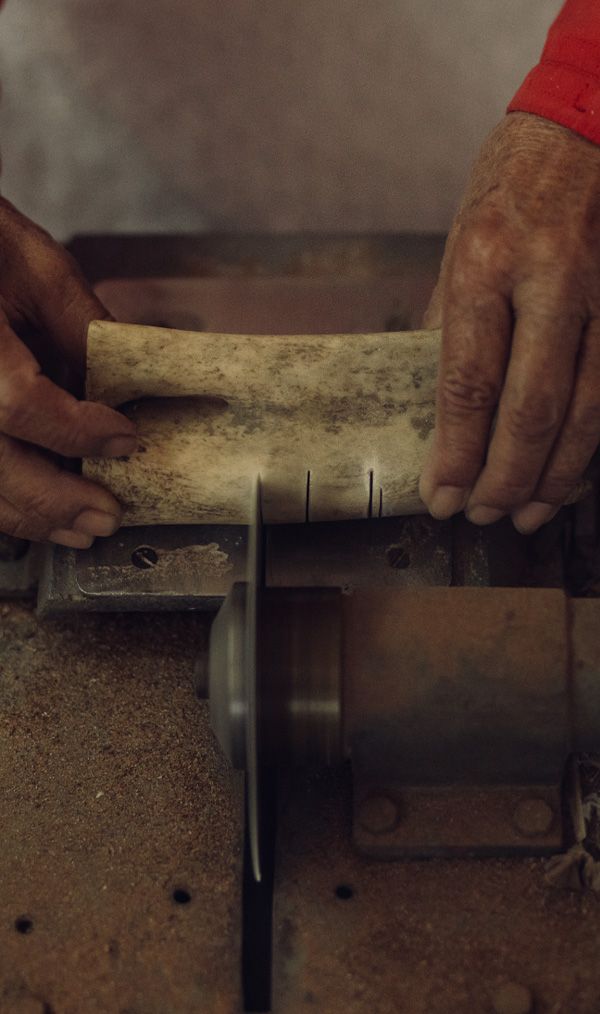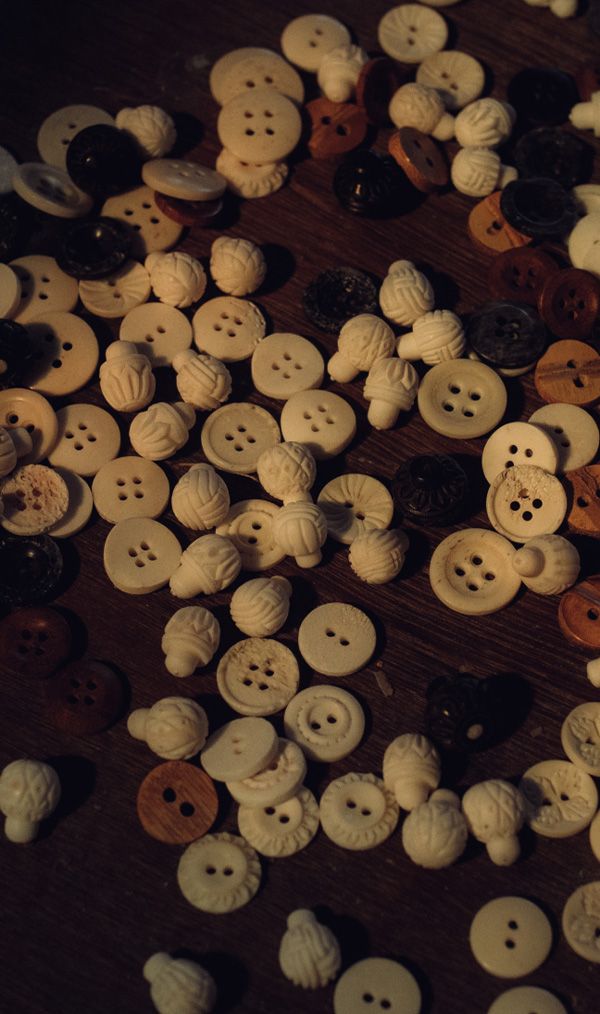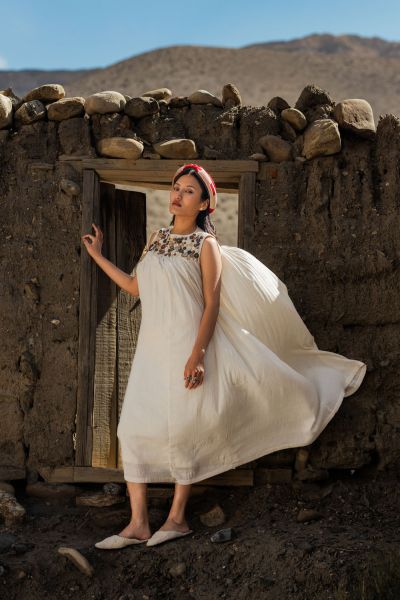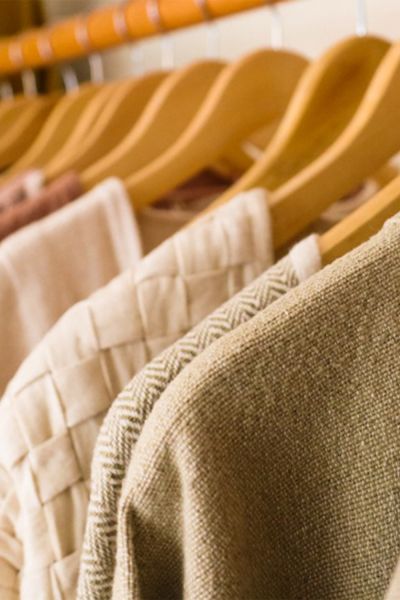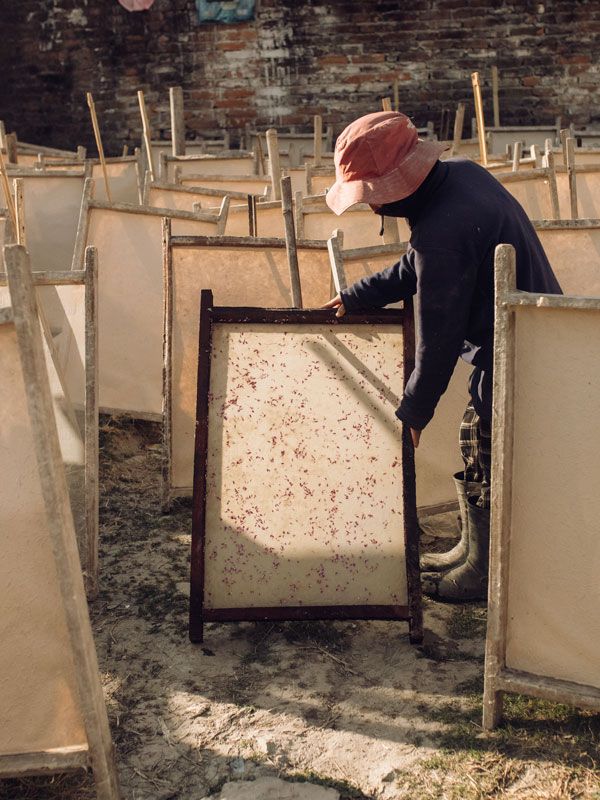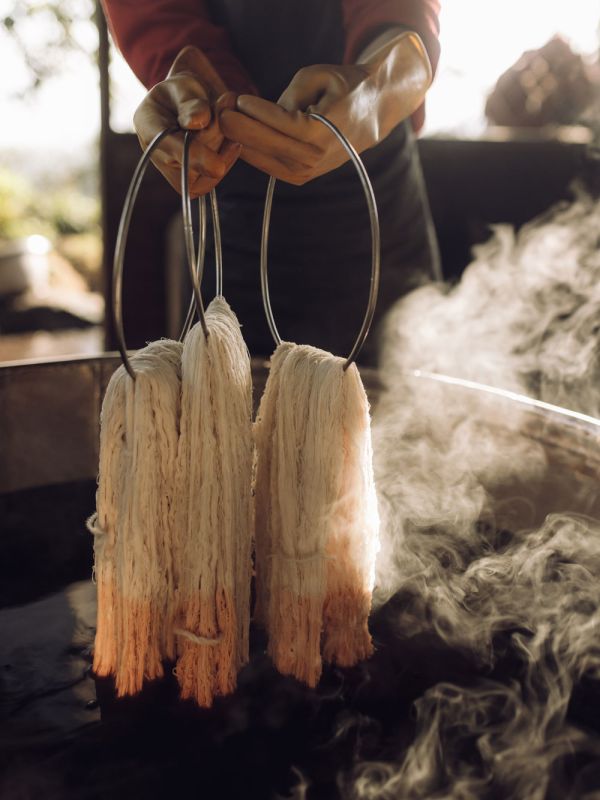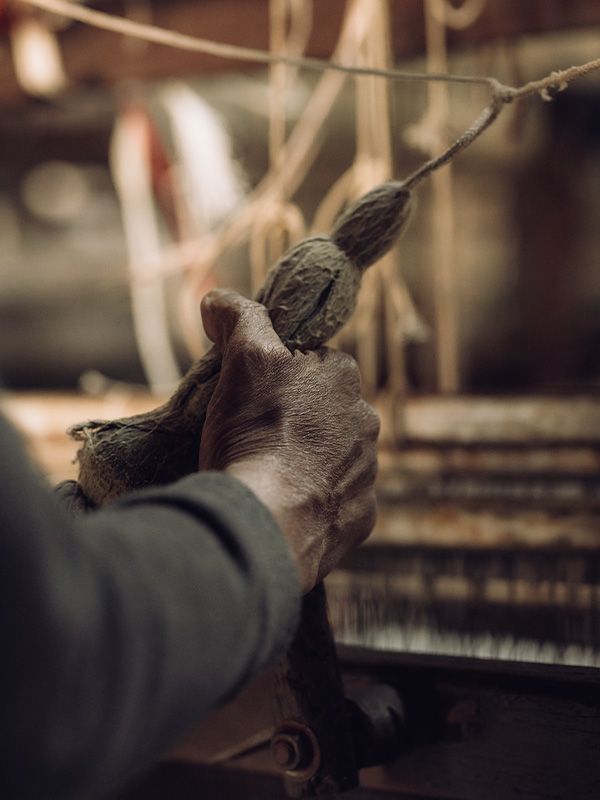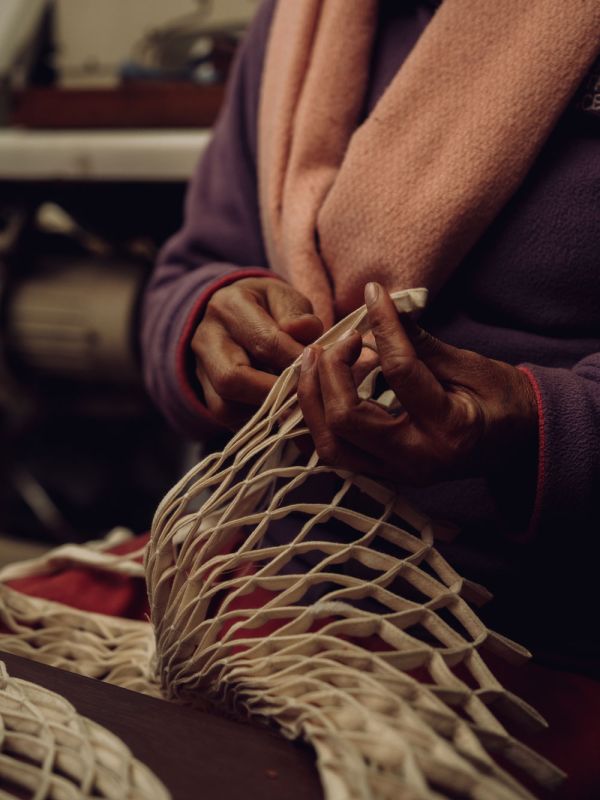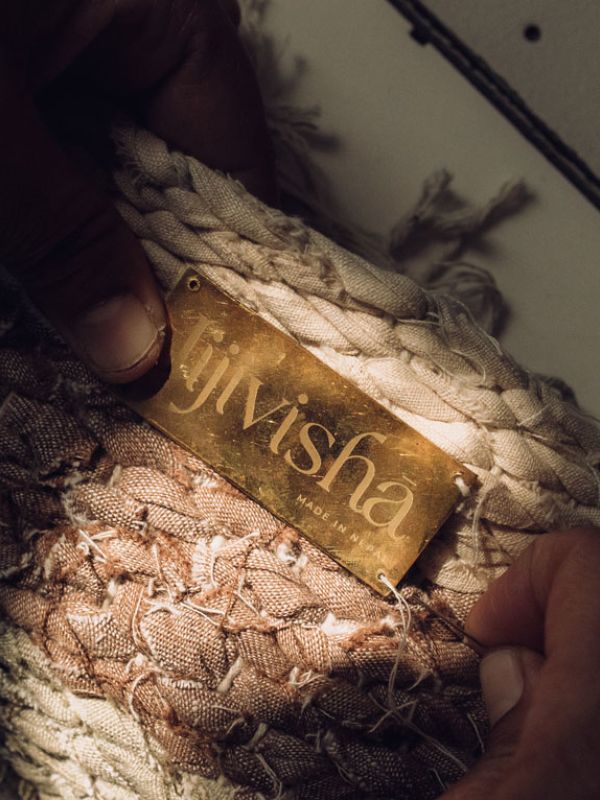From Bones to Buttons
It takes several people over a month to make enough buttons for just one season. This is a slow, intentional process that values quality, craftsmanship, and human labor over speed and automation. Unlike machines that can produce 1,200 plastic buttons per hour without a single human touch, our buttons are shaped, etched, and polished one at a time. Many feature delicate carvings, giving each one a unique identity. No two buttons are exactly alike.
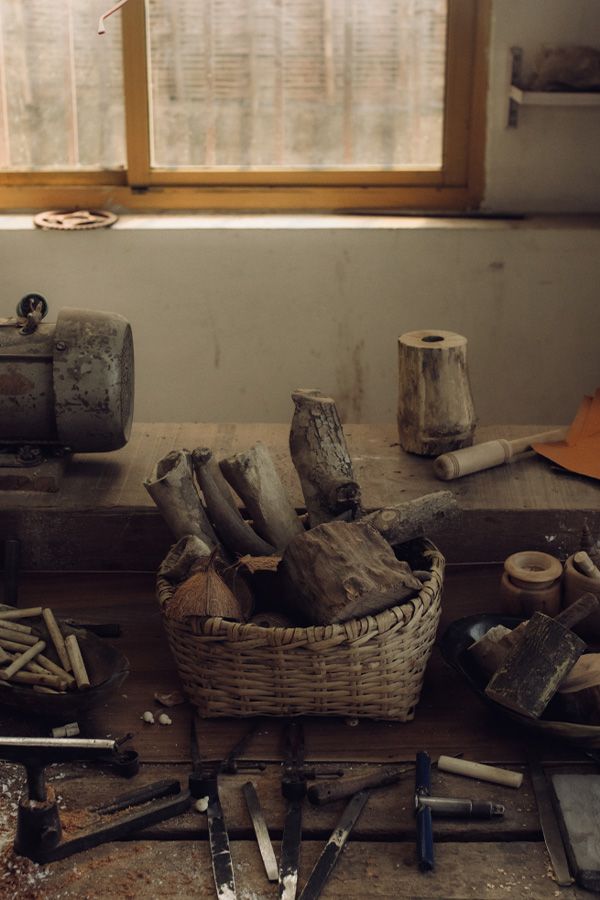
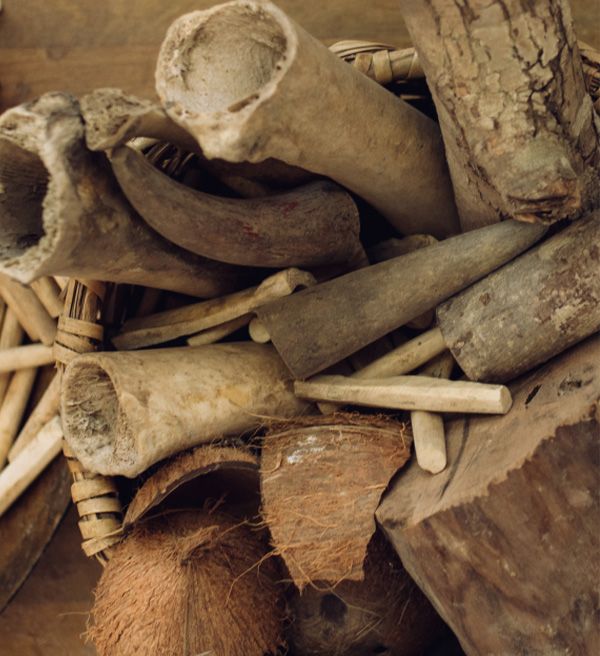
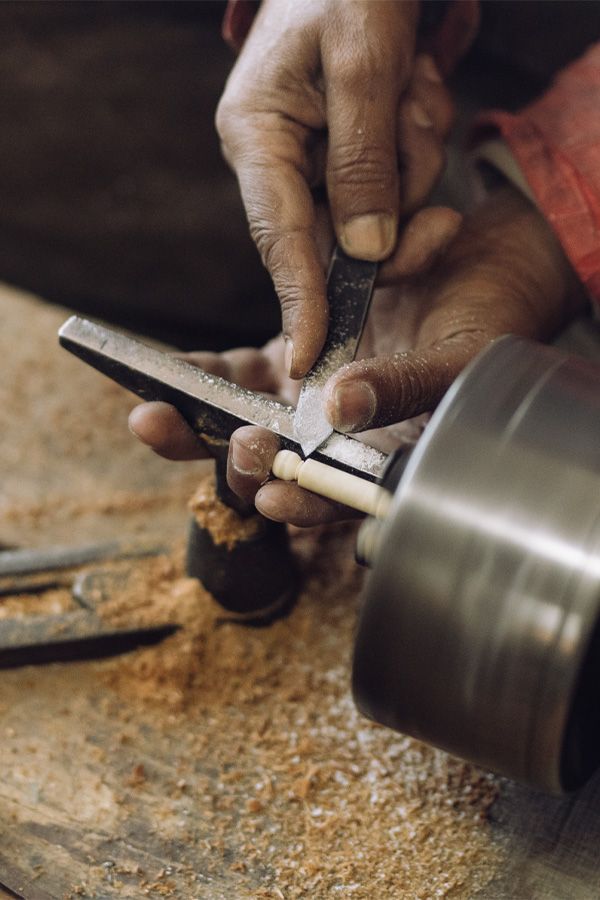
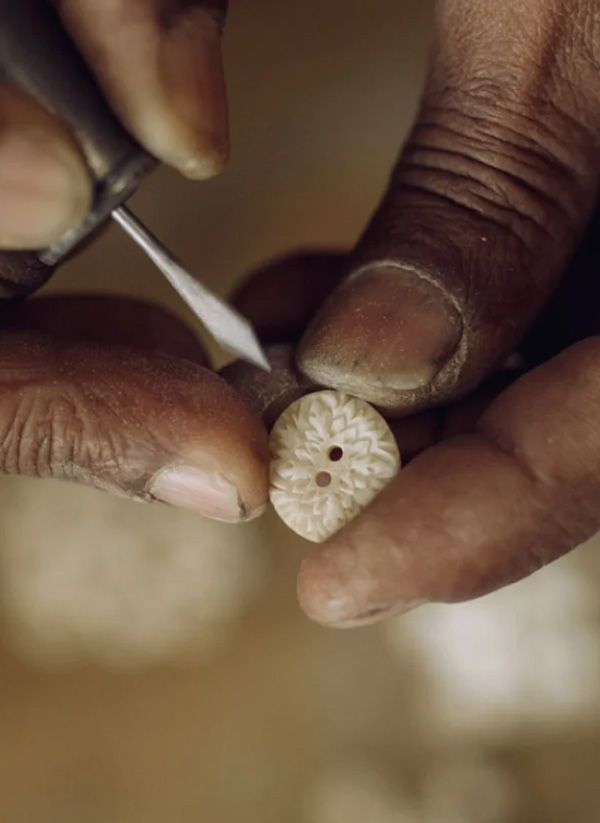
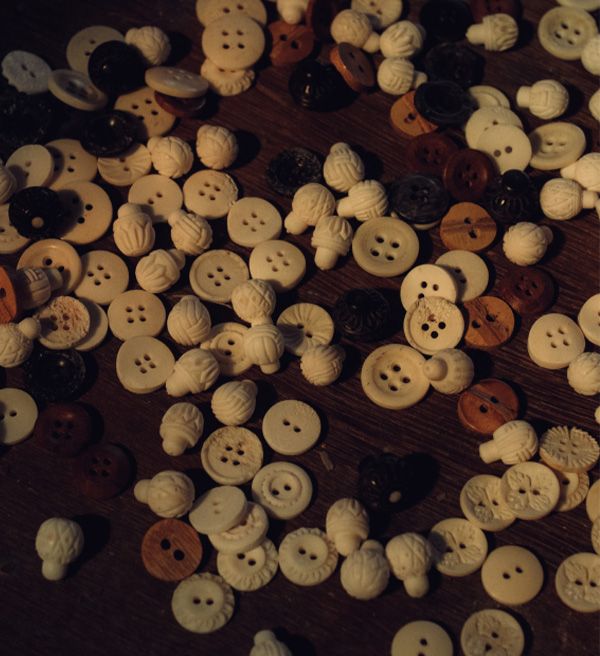





The tools used in this process are simple—small, energy-efficient power tools that drastically reduce energy consumption compared to industrial button-making machinery.
Even better, our buttons are made locally, so we avoid the emissions and waste associated with importing alternatives.
It’s a chain reaction of conscious decisions, where even the smallest part of a garment reflects our larger commitment to sustainability and ethical production.
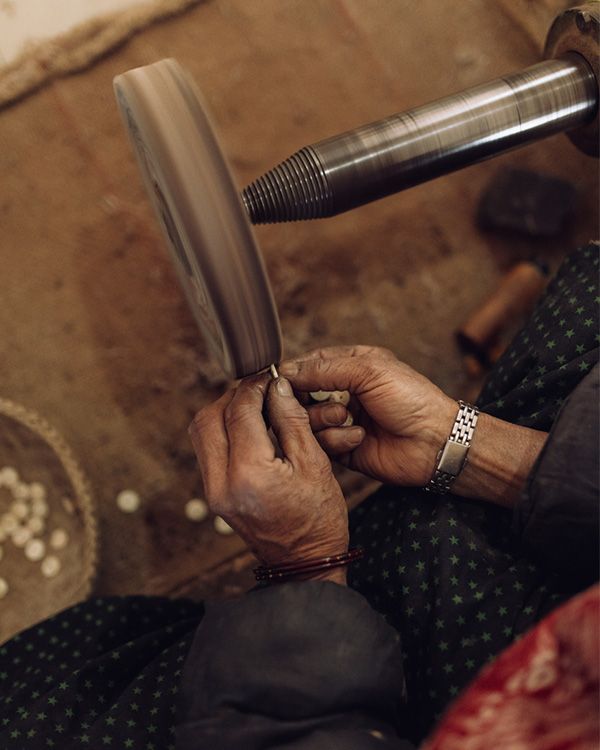
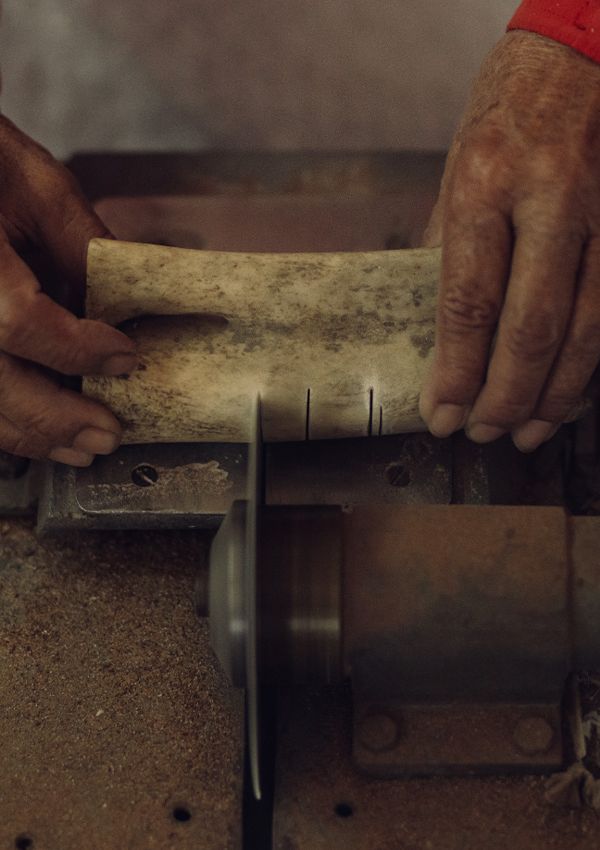
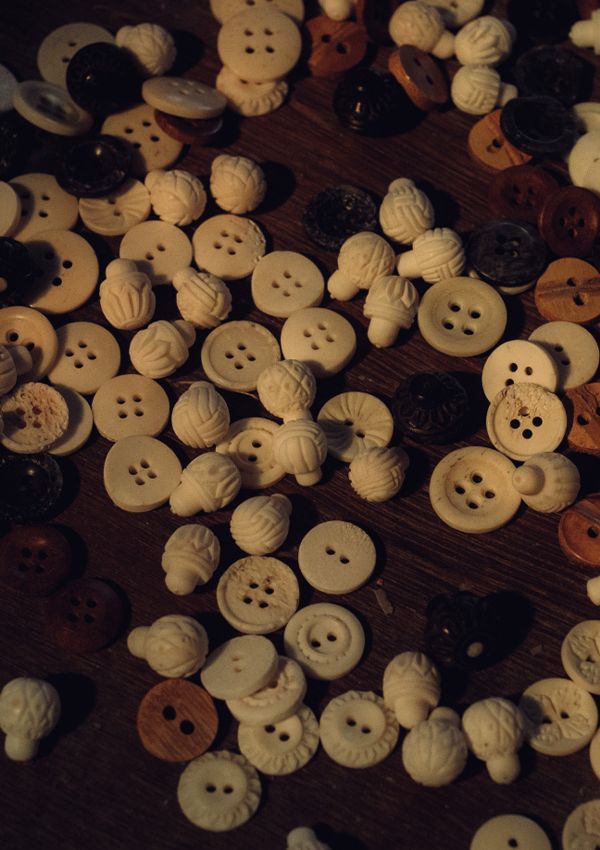
From Waste to Worth
The buffalo bones used in our buttons once contributed to environmental degradation—often dumped in rivers or left to rot, polluting local ecosystems. Today, these bones are given new life through upcycling. By turning what was once waste into something beautiful and functional, we help keep materials out of landfills and reduce the toxic output associated with plastic production. This isn’t just a button—it’s a symbol of restoration and respect.
